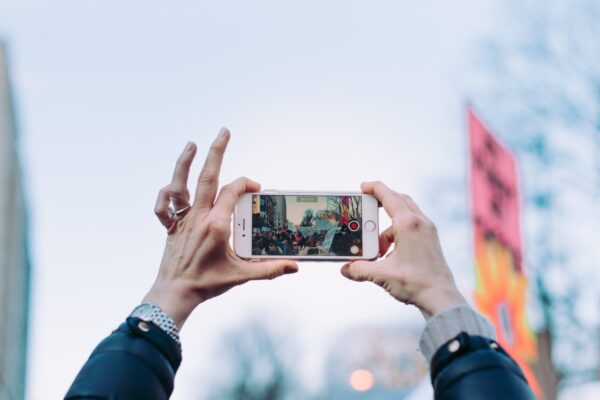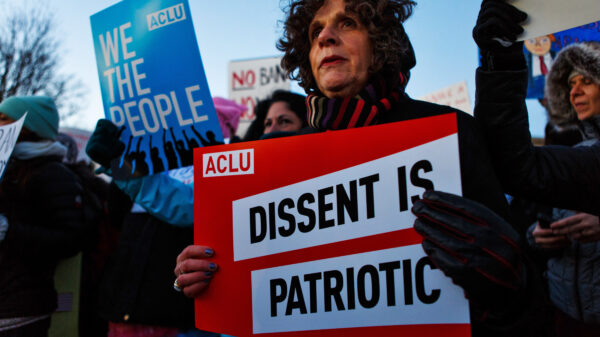Select a Scenario
Do I have a right to take photos or film in public?
You have the right to photograph or film anything that is in plain view when you are lawfully in a public space. This includes state and federal buildings, transportation facilities, and police or government officials carrying out official duties.
Can I photograph or film the police?
You have the right to observe and record police on duty in public as long as you don't interfere with their activities. If you are truly interfering with law enforcement activity, police may legally order you to stop photographing or recording.
Can police search my phone?
Police officers cannot search or seize your phone without a warrant. They also need a warrant to view your digital photos or videos.
However, if you hand your phone over willingly, a court would likely determine that you’ve given consent to the search. (Never physically resist, but do tell officers that you do not consent to the search.)
Police may not delete your photos or videos, or demand that you delete them under any circumstances.
Always use your best judgment and caution. Remember, the street is not the place to challenge the constitutionality of an officer’s behavior.
Do I have a right to photograph or film on private property?
Private property is different from public property. You typically do not have a First Amendment right to photograph or record on private property without the consent of the property owner.
However, there may be very specific circumstances when you may have a right to take photos without the consent of the private property, like documenting worker safety violations at work in many instances.
If you have questions about how a private property owner may restrict your ability to photograph or video, you should talk with an attorney.
Do I have a right to take commercial photography?
Be aware that commercial photography may be treated differently.
The U.S. Court of Appeals for the Eighth Circuit, which includes Iowa, has upheld a permit requirement that banned all commercial activities—including commercial photography—in a public park without a permit.
We believe that permit requirements could not apply to noncommercial photography, though, like filming a political protest or police abuse that might take place in the park.
Do I have a right to make audio recordings?
Photographs are fully protected under the law. However, audio recordings are different. Some states have tried to regulate audio under state wiretapping laws. Courts have generally rejected efforts to use wiretapping laws to interfere with a person’s right to record police in public.
In Iowa, you can record oral communications with the consent of just one party, meaning if you’re interacting with the police and you record it, you should be ok. However, when you are a bystander, the situation depends on whether there is a “reasonable expectation of privacy” in the communication between the parties.
The ACLU believes that officers have no reasonable expectation of privacy when carrying out official, public duties in public places.
What if my rights have been violated?
If you believe that your right to photograph or video in public has been violated, contact us at legal.program@aclu-ia.org.
Current as of August 2021
Stay Informed
Sign up to be the first to hear about how to take action.
By completing this form, I agree to receive occasional emails per the terms of the ACLU’s privacy statement.
By completing this form, I agree to receive occasional emails per the terms of the ACLU’s privacy statement.


